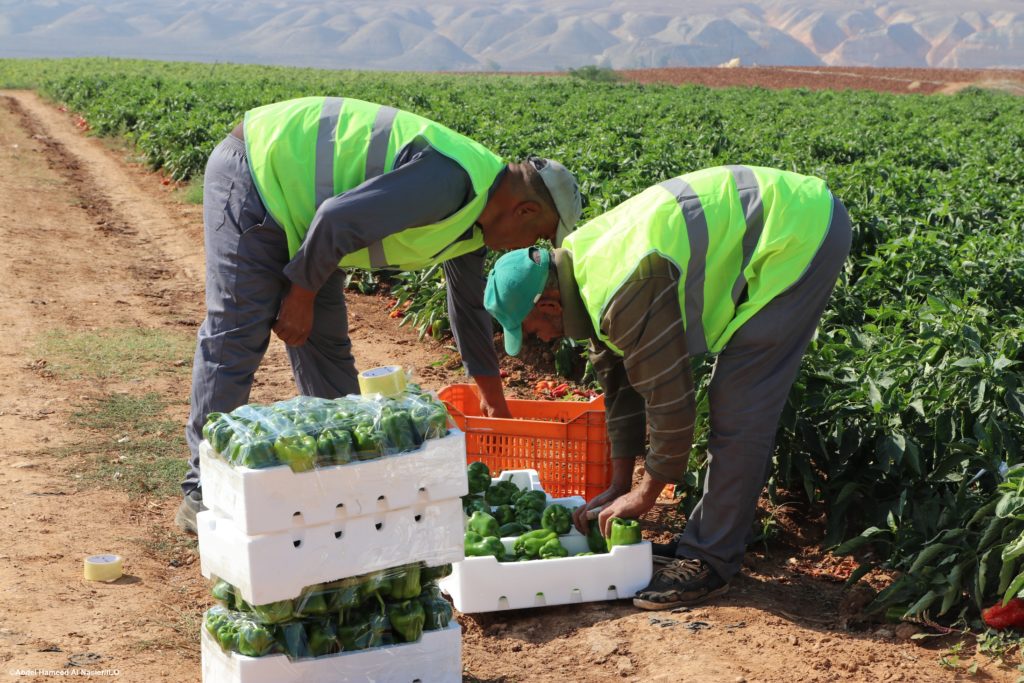
The country briefs map the key legal provisions dealing with migrant workers in eight Arab countries, summarizing the legal rules about who pays for recruitment, whether passport confiscation is prohibited by law, minimum working conditions including wages, working hours and rest periods, how to lodge grievances, and brief details of each country’s sponsorship regime.
To read the guide: click here

Comments are closed, but trackbacks and pingbacks are open.